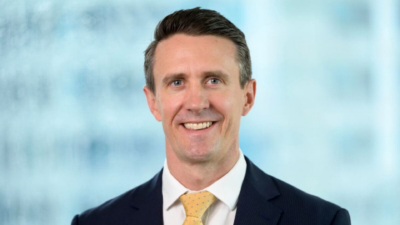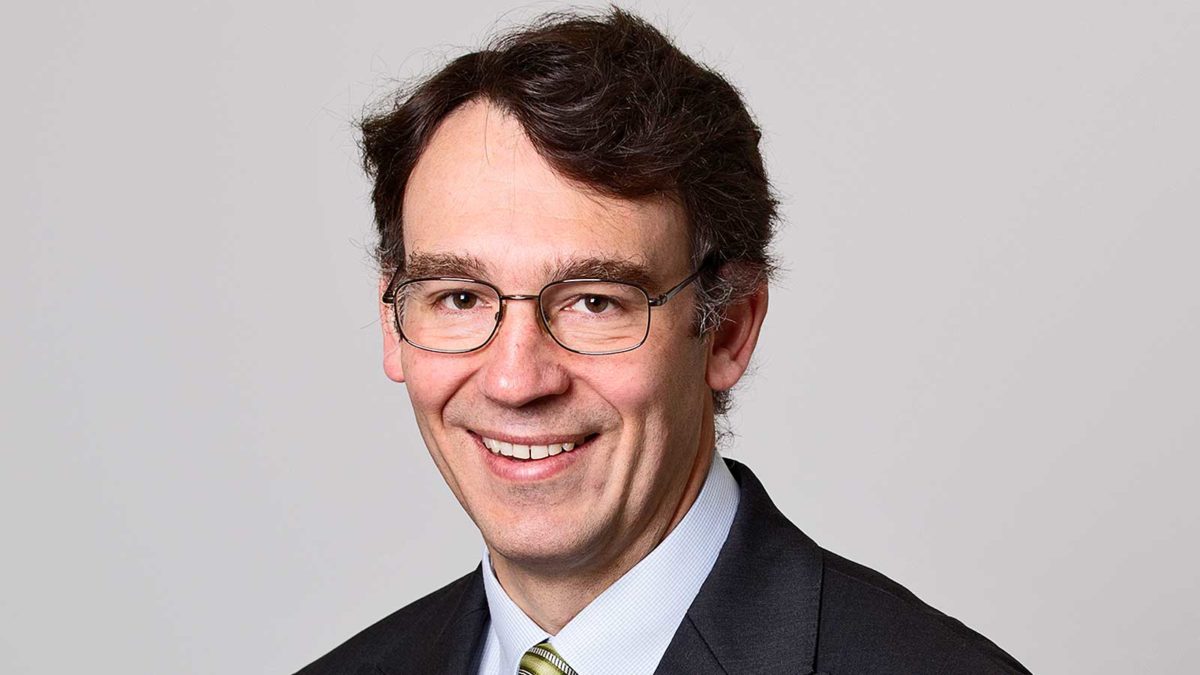Aussie funds still number one: Thinking Ahead Institute
Australia’s superannuation system is leading the world in pensions, but the broader market is still missing opportunities on stewardship and technology.
The Thinking Ahead Institute’s 2022 Global Pension Assets Study has named Australia the world’s number one pension market, with 20-year pension asset growth of 11.3 per cent per annum in US dollar terms.
The critical features of Australia’s success were the compulsory nature of the system, a “competitive institutional model”, and the dominance of defined contribution – which has seen substantial growth over defined benefit systems.
“Australian funds aren’t resting on their laurels, with significant change still occurring in the industry, including merger activity among all sizes of fund and increasing internalisation of investment functions at large funds,” said Martin Goss, senior director for investments for Willis Towers Watson in Australia.
“The themes Australian funds need to continue to address resonate with global issues – accountability, increasing benchmarking, collaboration, diversity and evolving risk frameworks – with increasing regulation in particular impacting behaviour with heightened sensitivity to cost and peers.”
But Australia – and the broader pensions market – are still missing the stewardship opportunities of influencing and mitigating corporate misalignments like executive pay and other poor leadership practices. In Australia, at least, recent efforts to kneecap super fund stewardship and engagement have been prevented with Treasurer Josh Frydenberg’s proxy advice reforms thrown out in the senate.
Most pension funds are also a “no show” on technology, and the report notes that technology impacts have been “surprisingly light” given funds still rely heavily on legacy systems and haven’t prioritised technological innovation.
“Looking back on a near-doubling in pension assets over the last decade, it is clear this extraordinary valuation of the world’s retirement dreams could bring both challenges and opportunities. High valuations imply financial security but also pose difficult questions about future allocations – and will encourage many pension schemes to continue looking beyond the most traditional asset classes, in order to maintain returns.
“Investing for sustained growth is going to become an even more nuanced question in future decades,” said Marisa Hall, co-head of the Thinking Ahead Institute. “Doubling assets again in the next ten years will need global pension schemes to confront the unsustainability of the global carbon economy and look with renewed imagination at the fundamentals of sources of return.”
The report’s top five issues for investments include the push into alternatives in a lower for longer interest rate environment, inflation, opportunities in the emerging markets space, liability driven investing, and the design of lifecycle assets for defined contribution schemes.
“DC schemes continue to focus on designing better lifecycle strategies. The ideal lifecycle portfolio is one where the asset composition shifts to best suit an individual’s changing risk tolerance and time horizon i.e. higher exposure to growth assets for younger members with progressive switches into secure income assets.”











